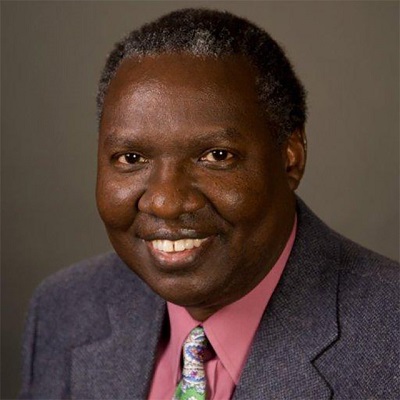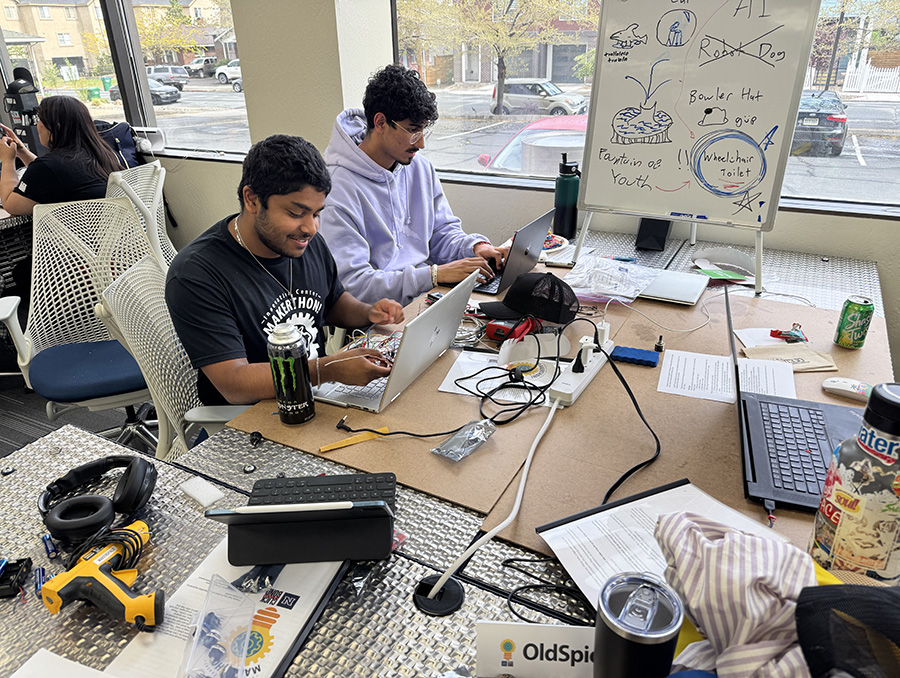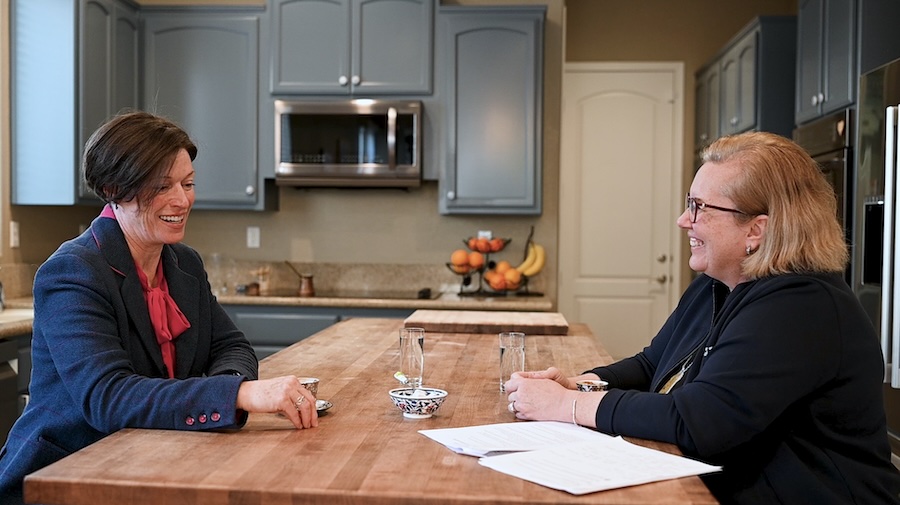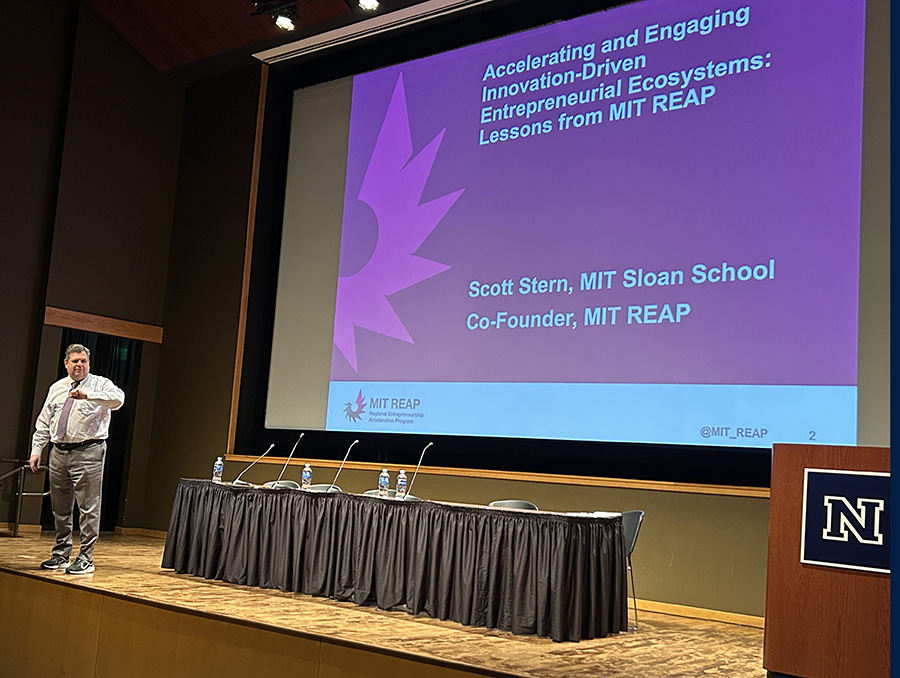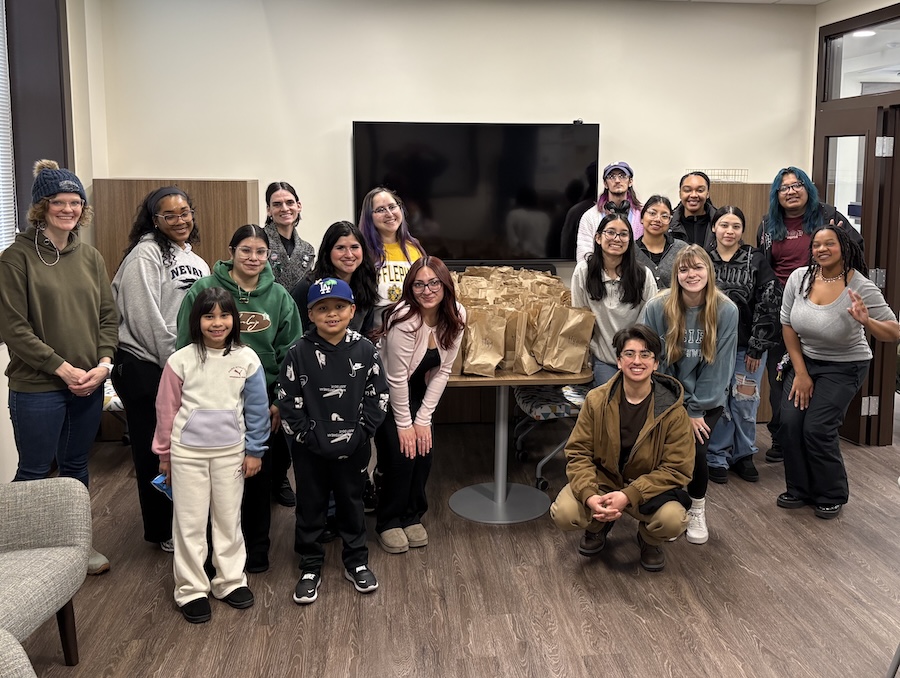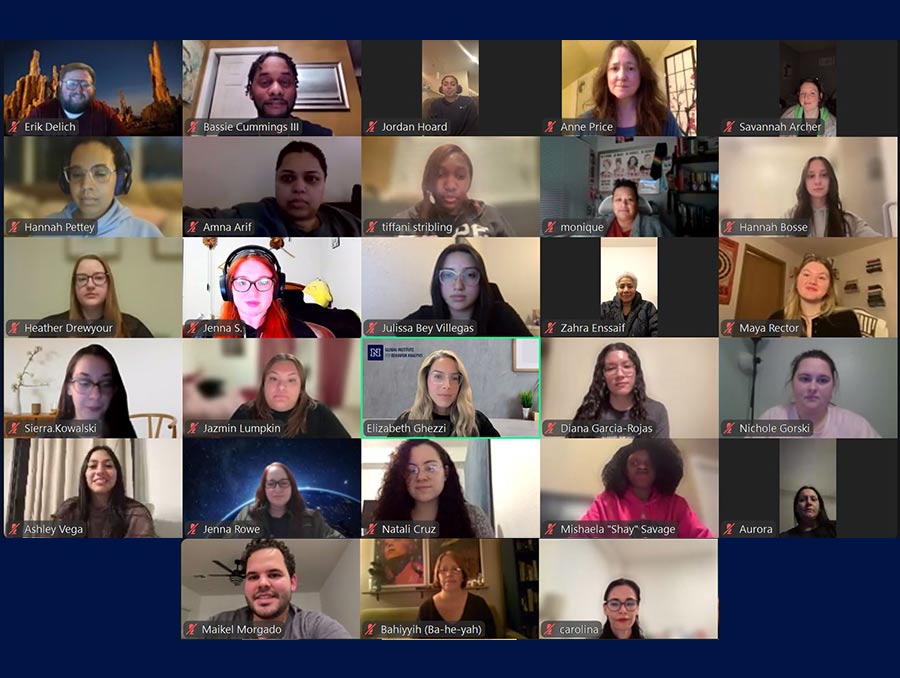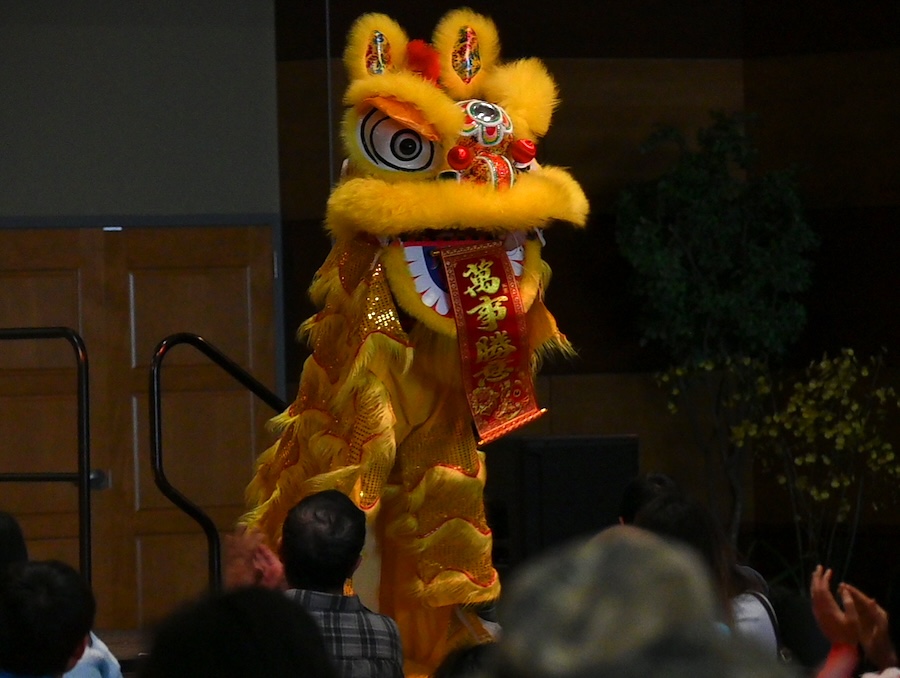Carnegie fellowship in Uganda leads to partnership
Program helps longtime sociology professor establish closer collaboration with colleagues in Uganda
I spent 13 weeks in the summer of 2019 as a Carnegie Fellow at Clarke International University (CIU) in Kampala, Uganda, working in collaboration with the vice chancellor, deans, and faculty members on curriculum co-development and re-design. I led the training and mentoring of participants through several workshops and numerous small group discussions that:
- Explored critical steps in curriculum development and re-design
- Linked content of selected new and existing curricula to program and student learning goals
- Considered strategies for the integration of competence-based education (CBE) into the curriculum design
- Sought to connect learning outcomes to course objectives and assessment
To prepare for this important Fellowship Project, I did the following:
I first read about curriculum development in higher education in Uganda which adheres to prescribed assessment tools provided by the National Council of Higher Education;
I also reviewed Clarke International University’s curricula in three major programs (Midwifery, Nursing, and Business Administration) that had been provided to me in advance of my trip to Uganda);
Lastly, I discussed with the vice chancellor, Dr. Rose Clarke Nanyonga, the project activities in the proposal and the themes emphasized in the Six-Step Approach to Curriculum Development (edited by Patricia A. Thomas, et. al.., 2016 at Johns Hopkins University).
My Fellowship project at CIU was part of a broader initiative that paired 51 African Diaspora Scholars with one of 43 higher education institutions and collaborators in Ghana, Kenya, Nigeria, South Africa, Tanzania and Uganda to work together on curriculum co-development and redesign, research, graduate teaching, training and mentoring activities during the summer of 2019.
The Fellowship gave me the opportunity to visit Uganda (my home country) and to share my vast teaching and research experience accumulated at the University of Nevada, Reno for almost 30 years with my colleagues at Clarke International University. Although the two contexts of higher education are different (i.e., U.S. higher education vs. Uganda’s higher education), they share similar challenges and aspirations for delivering a quality education for their students.
I am still accessible and open to reviewing the completed curricula draft documents for the existing and new programs that I worked on over the thirteen weeks during the summer. Based on my recommendations, a Curriculum and Instruction committee was created by the CIU top administrators that continues to work on curriculum development and re-design. The vice chancellor and the faculty team I worked with on curricula activities have a strong desire to complete those project activities which we all worked on together during the 13-weeks summer. However, it would be ideal if the Carnegie African Diaspora Fellowship Program could support me to work with CIU leadership and faculty on existing and new programs during the summer of 2020. This would be a great achievement for me and the team I worked with at CIU.
The Carnegie African Diaspora Fellowship Program, now in its sixth year, is designed to increase Africa`s brain circulation, build capacity at host institutions, and develop long-term, mutually-beneficial collaborations between universities in Africa and the Unites States and Canada. It is funded by the Carnegie Corporation of New York and managed by the Institute of International Education (IIE) in collaboration with United States International University-Africa (USIU-Africa) in Nairobi, Kenya, which coordinates the activities of the Advisory Council. A total of 385 African Diaspora Fellowships have now been awarded to scholars to travel to Africa since the program`s inception in 2013.

